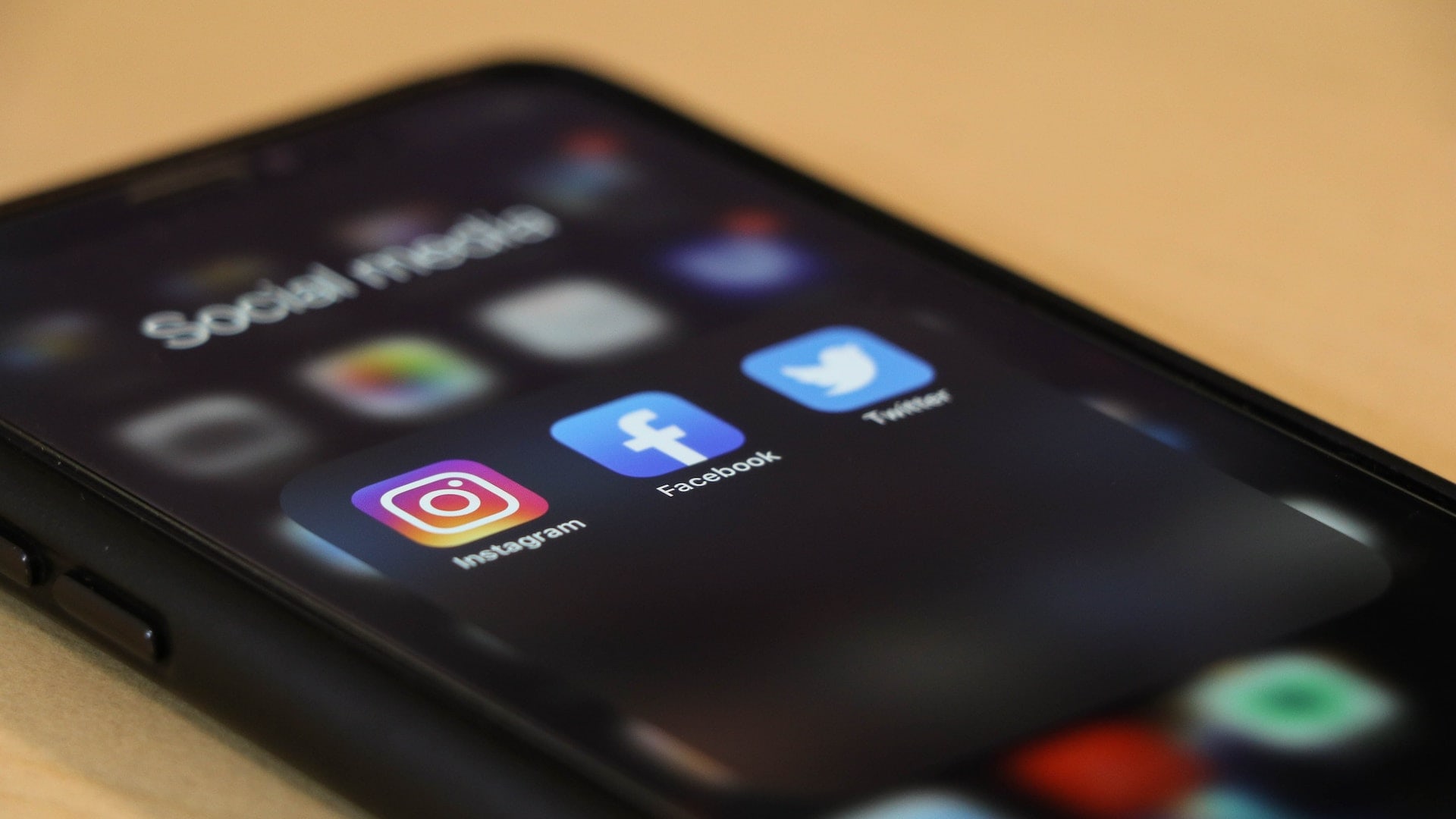Social media was still in its infancy when it showed me a death for the first time. All these years later the details remain vivid in my mind. A colleague said, “Tim, check this out.” He turned his screen toward me to show a blindfolded man kneeling before his captors. They spoke a few words in a language I did not understand, then reached toward him. A knife flashed, a throat was slit, blood spilled. I almost threw up. Late that night, and for several nights to come, I lay awake thinking about it, the details seared into my memory. Even today if I close my eyes I see it and hear it.
I didn’t want to see that man die, I didn’t need to see that man die, but I did see that man die. And since that day I’ve seen many others die, almost always through social media. When terrorists strike, when there is an act of brutality, when there is another senseless killing, the omnipresent video cameras pick it up and the social media channels insert it onto my timeline. Sometimes I know the death is coming so if I don’t want to see a life snuffed out, I can quickly scroll past. Other times, though, it’s an autoplaying video and I see it before I can turn away. One moment I’m looking at pictures of nieces and nephews celebrating a birthday, and the next I’m looking at someone being gunned down in the streets. Joyful celebrations join brutal murders in this endless stream of information. Since I signed up for social media, I’ve seen so much death.
Parents raising children in this digital age have had to put a lot of thought into how to protect their kids from some of the pitfalls of online life—from exposure to pornography, for example, from bullying and predators, and even from wasting endless hours in mindless scrolling and tapping. But it has only been in recent months, as society grapples with a number of highly-publicized deaths, that they may have been forced to consider the connection between social media and death. For here in the twenty-first century, the two go hand-in-hand.
One family told of how their daughter had been scrolling through social media when she saw the footage of Ahmaud Arbery being shot down in the street. She was old enough to have her own accounts and followed only friends and family, so her parents thought she would see only content that was clean and screened and curated. Yet enough of the people she follows had watched and shared the video that the algorithm deemed it worthy of her attention. So, sitting in her room, using the phone her parents had given her, and logged in to the account they had helped her activate and lock down, she watched a man die for the first time. She came to her mom and dad shaken, and though they knew this death was particularly newsworthy and an important part of the context of contemporary events, they were saddened that she had seen it. They were not at all convinced that 13 was an appropriate age to witness such a brutal death—or to witness any death.
It is a rule of technology that every new technological innovation introduces benefits to humanity but also drawbacks. It is an associated rule that we are quick to identify the ways that our new technologies will improve our lives, but much slower to identify the ways they may harm us. We are now 30 years into the era of the internet, 20 years into the era of social media, and 13 years into the era of the iPhone, which so seamlessly stitched the two together and made them omnipresent in our lives. These are still early days, but already we have learned so much about the benefits and drawbacks that come with it all.
It is a benefit that these technologies can together make information immediately and widely available. It is right and good that they can be used to broadcast the news and even the footage of an unjust death like that of Ahmaud Arbery or George Floyd. But it is a drawback that they broadcast it to those who may be too young, too innocent, too naive to handle it, and to those whose parents would never permit it. It is a drawback that they so freely and widely broadcast so much death, even to those who for their own reasons do not wish to be witness to it, for not everyone needs to see every death, and not everyone wants to.
The fact is that to join social media is to become a witness to death. Some of these are especially significant or especially newsworthy and perhaps ought to be widely seen. Others, while still tragic, are not as significant and not as newsworthy and perhaps ought not to be so widely seen. But either way, as you scroll social media you will see sweet photos and silly memes, and then mixed in with them, shocking murders and brutal beatings. So, too, will your children when they get their own devices and their own accounts. They all flow together as we live out our algorithm-driven online lives.










